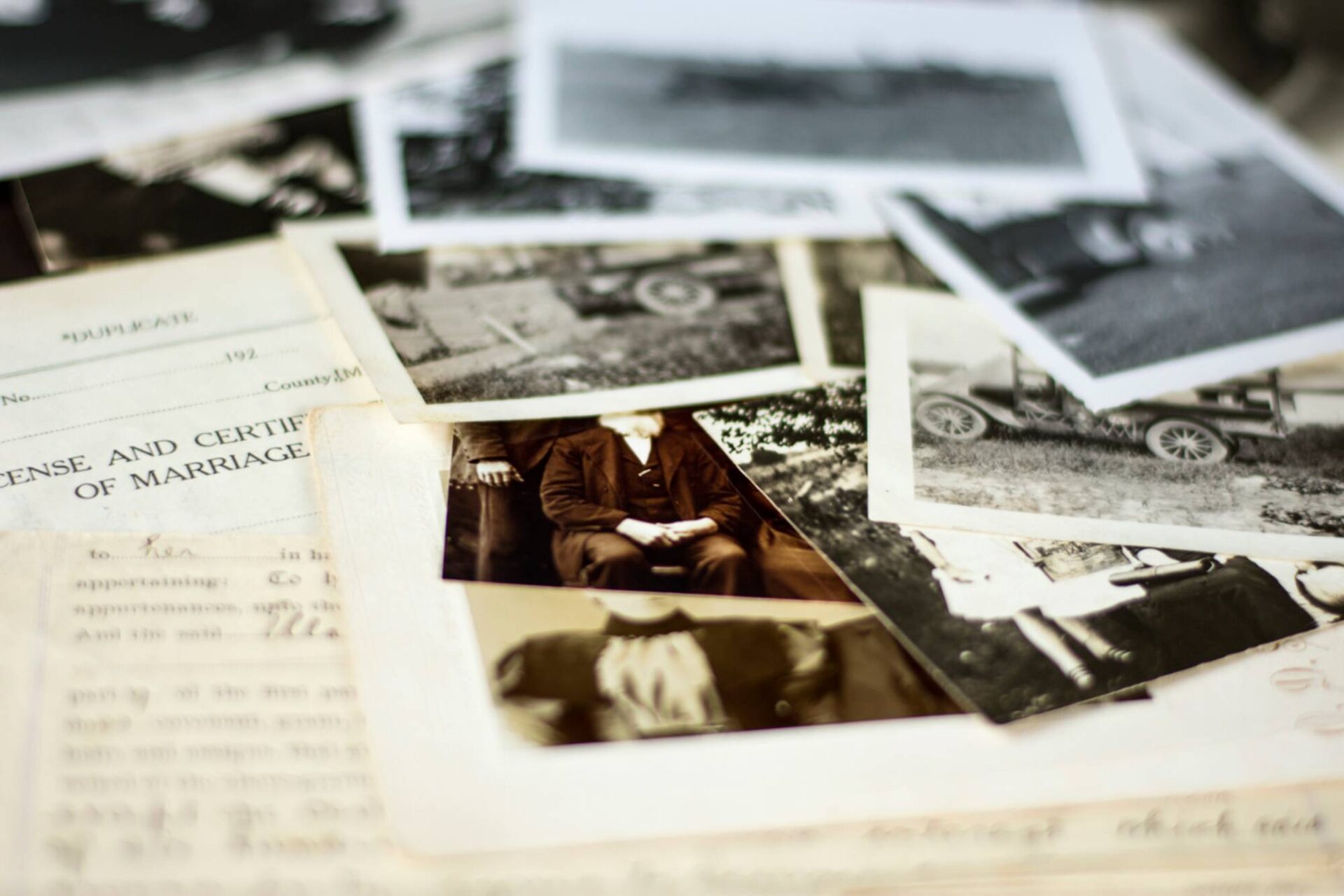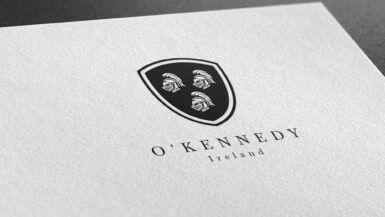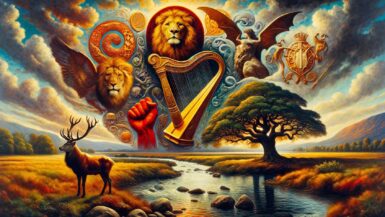Origin of the Surname
The surname Anderson, of Scandinavian origin, made its way into the British Isles during the Viking invasions and settlements. The name translates to “son of Andrew”, a direct and uncomplicated patronymic derivation. Andrew, a name of Greek origin meaning “manly” or “brave”, became popular in the Christian world due to Saint Andrew, the patron saint of Scotland.
Etymology and Meaning
The etymological roots of Anderson are intertwined with Christian influence in Europe. “Andrew” and its derivatives, owing to the apostle Saint Andrew, became widely adopted throughout Christendom.
Earliest Known Usage
The use of Anderson as a surname can be traced back to medieval Scotland. Its presence in Ireland was first recorded during the later medieval period, with the influx of Scottish settlers, especially during the Plantation of Ulster in the 17th century.
Geographic Distribution
In Ireland, the Anderson name became prominently established in Ulster, thanks to the Scottish migrations. The counties of Derry, Antrim, and Down became strongholds of the Anderson lineage.
Original Geographic Location
While Anderson has roots in Scandinavia, its journey as a prominent surname started in Scotland, particularly in areas with strong ties to Saint Andrew, like the coastal regions facing the North Sea.
Migration Patterns
The historic upheavals, including the Cromwellian conquest and the Williamite wars, shaped migration patterns within Ireland. Anderson families moved for economic and political reasons, and during the 19th-century famine, many ventured to North America, Australia, and other parts of the British Empire.
Historical Context
Notable Historical Events
The Anderson families, having settled primarily in Ulster, were part of significant events like the Siege of Derry and the various uprisings that took place in Ireland.
Involvement in Key Moments in History
From participation in battles against English and Irish forces to involvement in the political shifts of the 20th century, the Andersons have been an active part of Ireland’s tapestry.
Notable Irish Bearers of the Surname
Famous Individuals
- Robert Anderson – An influential writer from the late 18th century, Robert’s works touched upon the socio-political scenarios of his time and are reflective of the Protestant mindset of Ulster during the period.
Influential Figures
Over the years, Andersons have held roles in various sectors within Ireland. From politics to literature and from business to the arts, their contributions span a wide spectrum.
Variations of the Surname
Spelling Variations
Apart from the standard Anderson, other variants include Andersen, Andison, and sometimes even MacAnderson, especially in Gaelic-speaking areas.
Regional Differences
In the more Gaelicized regions of Ireland, Anderson sometimes took on local linguistic flavors, both in pronunciation and in written form.
Current Statistics and Distribution
Frequency and Global Distribution
Today, the Anderson name is globally recognized due to the widespread Irish and Scottish diaspora. Within Ireland, while the name’s epicenter remains Ulster, it has spread to various parts, reflecting intermarriage and internal migration.
Changes Over Time
From being a name of foreign origin, Anderson has become intrinsically woven into the Irish narrative. Its distribution and frequency within Ireland have grown and evolved in tandem with historical events and socio-economic changes.
Family Coat of Arms
The Anderson family coat of arms often depicts a silver shield with an oak tree eradicated, symbolizing strength and endurance. Above, the crest typically features an oak branch, signifying age, wisdom, and continuity. The accompanying motto “Stand Sure” encapsulates the resilience and steadfastness of the clan.
The Anderson surname, from its Scandinavian roots to its Irish journey, has been a witness to the annals of time. Its history in Ireland, shaped by migrations, wars, and socio-political shifts, offers a fascinating glimpse into the broader narrative of the island nation.






Leave a reply